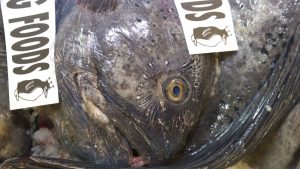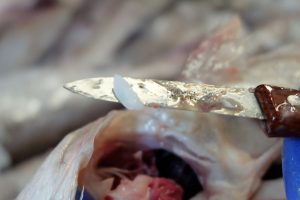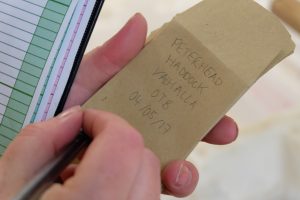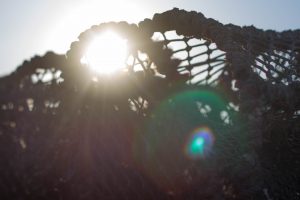The Fishermen-Science Interface Programme
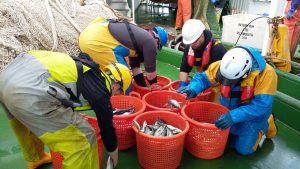
Collaboration is a must in these austere times, where fishermen hold the key to new streams of data – for fish stocks, the fishing industry and the wider marine environment. The Fishermen-Science Interface Programme (FSIP) brought together – and initiated dialogue – among some of the key and forward-thinking fisheries scientists and fishermen in the UK, with the intention of making industry data salient and credible to inform fisheries management and policy.
The FSIP was devised in partnership by FitF and the Centre for Environmental, Fisheries and Aquaculture Science (Cefas). It was delivered by key personnel at these two organisations, and was led by Dr Steve Mackinson from the Scottish Pelagic Fishermen’s Association (SPFA). It was funded entirely from the outset by Seafish through their Strategic Investment Fund (SIF).
